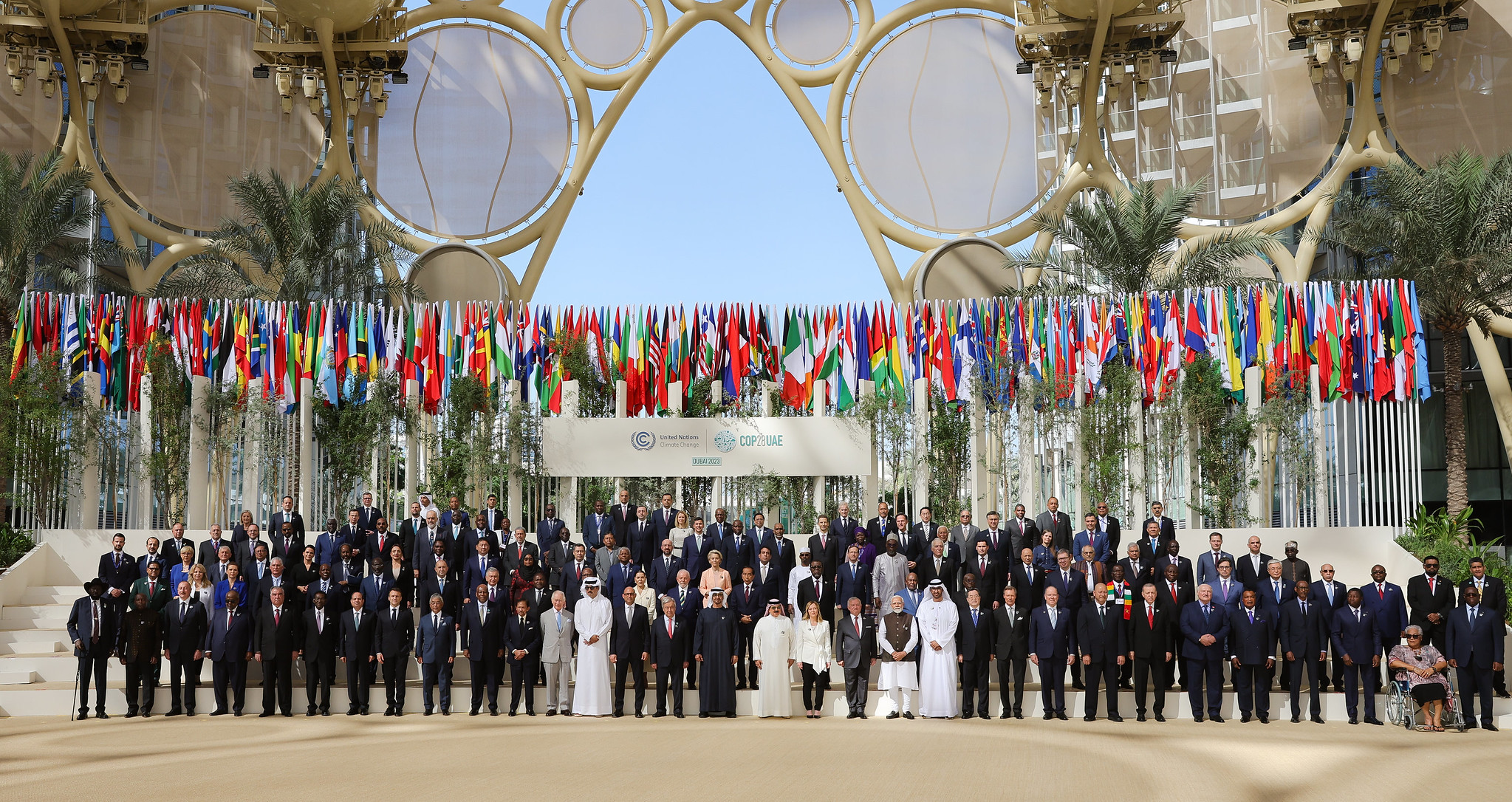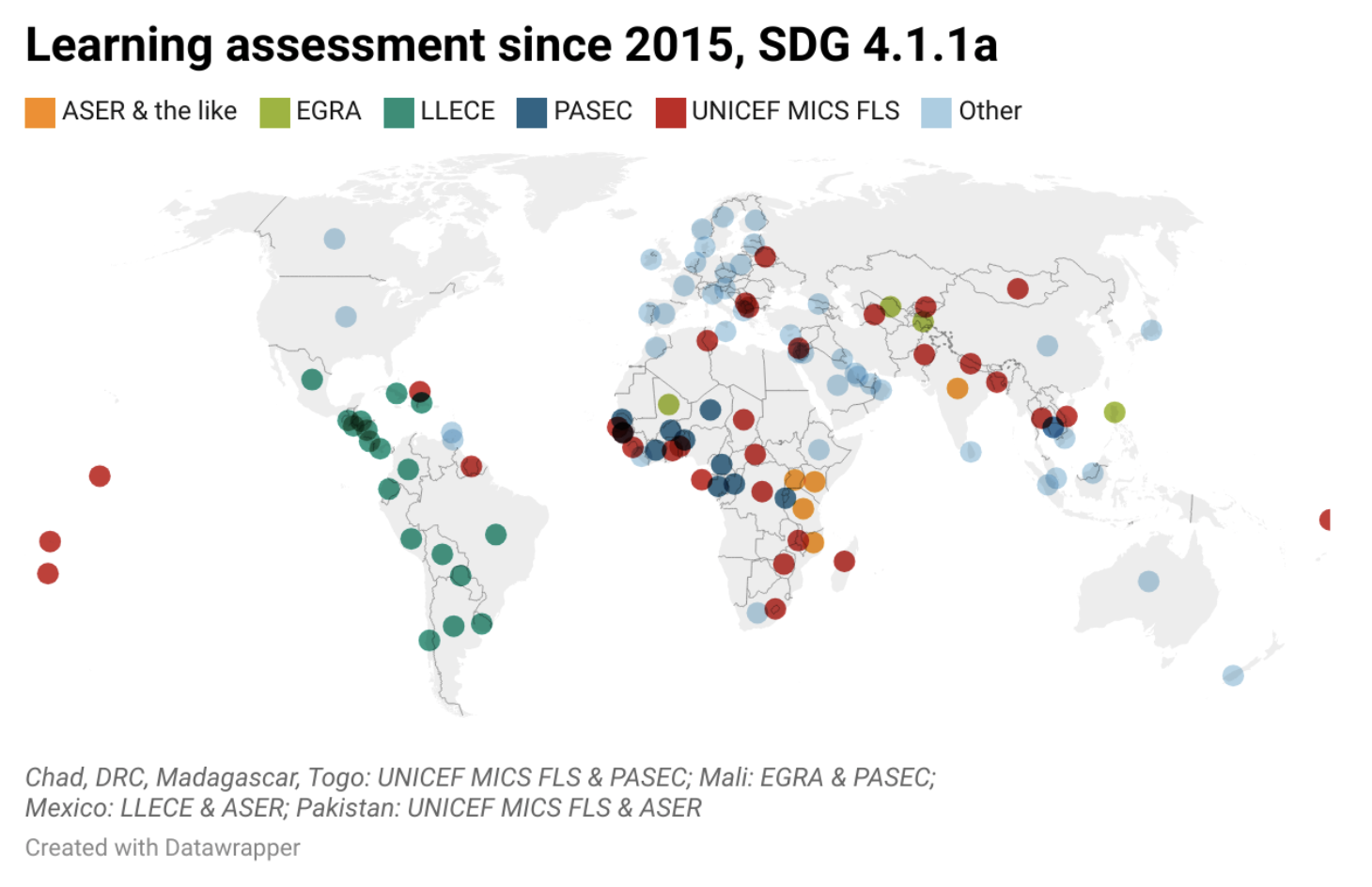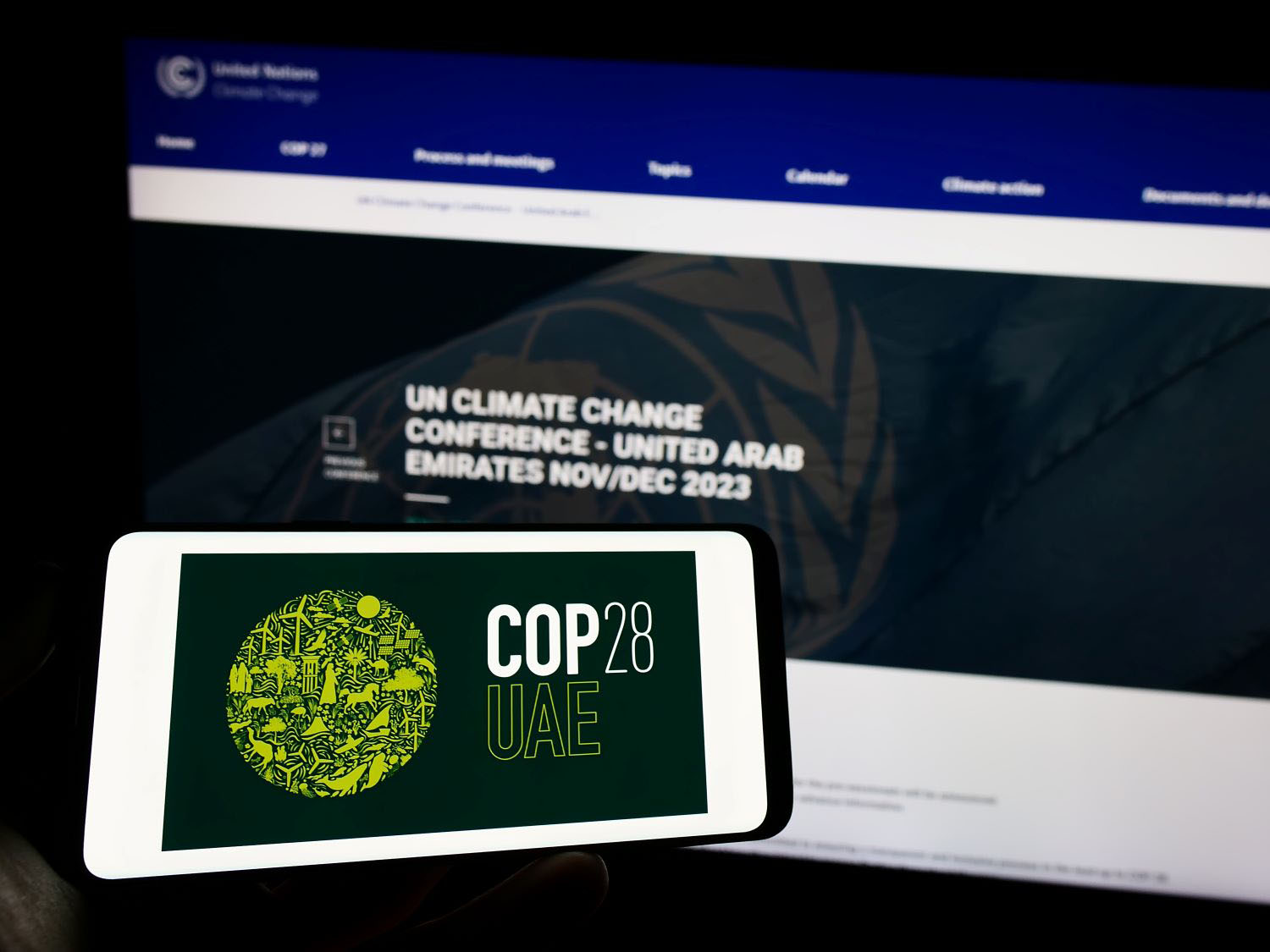This is a joint posting with Julia Barmeier.Today, UNESCO’s director-general, Irina Bokova, announced that the UNESCO-Obiang Prize would be suspended so that UNESCO’s executive board can study the situation. The Board will take up the issue again in October. Ms. Bokova released a
statement saying:
“I have heard the voices of the many intellectuals, scientists, journalists and of course governments and parliamentarians who have appealed to me to protect and preserve the prestige of the organization. I have come to you with a strong message of alarm and anxiety. I am fully aware that the Executive Board made a decision two years ago (to establish the prize), but I believe that given the changing circumstances and the unprecedented developments of the past months, we must be courageous and recognize our responsibilities for it is our organization that is at stake. Therefore I will not set a date for awarding the UNESCO-Obiang Prize for the Life Sciences.”
Ms. Bokova must not back off in October. Neither should U.S. Ambassador David Killion and others who opposed the prize when it was tabled in 2008 but remained silent at the April board meeting of UNESCO for fear of
appearing colonialist and anti-African. It is neither colonialist nor anti-African to oppose a prize endowed by a man who has ruined his country and stolen millions of dollars from his people. Distinguished Africans such as
Archbishop Desmond Tutu and
Tutu Alicante , founder of
EG-Justice, have expressed strong opposition to the prize, along with scores of human rights activists based on the African continent.If UNESCO does not act decisively to reject the Obiang Prize in October, the United States must deny
UNESCO’s 2011 budget request for $84 million. Senator Patrick Leahy, Chairman of the Appropriations Subcommittee on the Department of State and Foreign Operations, played a key role in today’s decision by
expressing his concerns about the Obiang prize. Senator Leahy should be ready to go one step further to cancel UNESCO’s funding altogether if the organization continues to entertain the idea of accepting money from one of Africa’s worst dictators.And what about Obiang himself? Rather than trying to establish legitimacy via UNESCO, he can redeem himself by returning the money he stole from his country, making investments in health, education and infrastructure, and considering
direct cash distribution of oil revenues to the impoverished people of Equatorial Guinea.
CGD blog posts reflect the views of the authors, drawing on prior research and experience in their areas of expertise.
CGD is a nonpartisan, independent organization and does not take institutional positions.





